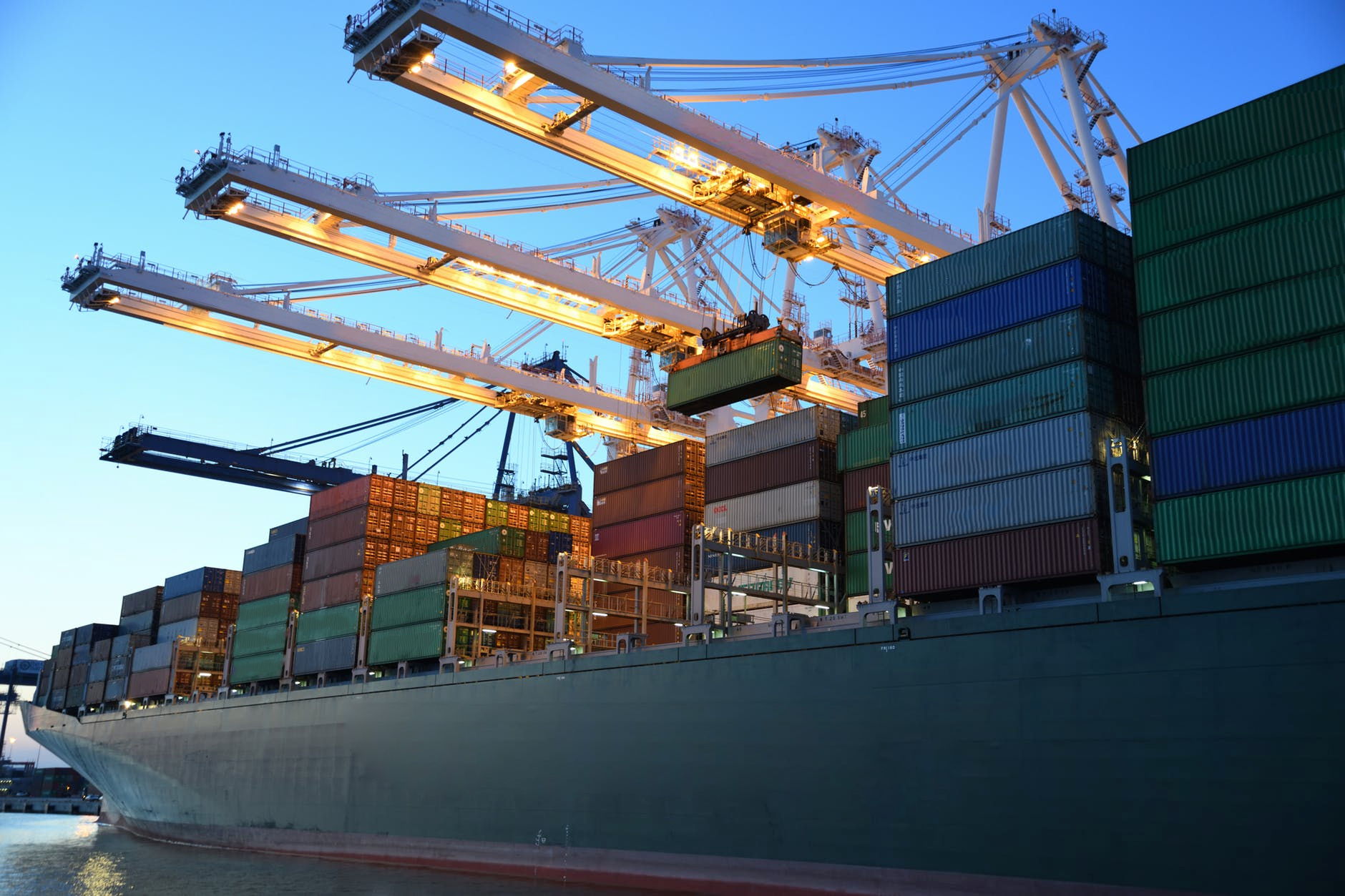
INCOTERMS
The INCOTERMS define the responsibilities between the seller and the buyer when making an international transaction, they act as a contract and the following is determined depending on the agreed INCOTERM

Incoterm EXW (Ex Works)
The seller is responsible only for making the merchandise available to the buyer. The buyer will be responsible for contracting all the logistics; insurance, collection in the seller's warehouse, expenses at source, expenses at destination, maritime freight and land freight to destination
Incoterm FCA (Free carrier)
The seller is responsible for the payment of export duties and puts the goods in the place agreed with the buyer, takes charge of the cost of freight up to this point. The buyer chooses the means of transport and the carrier with whom the contract will be made. The expenses and risks are transferred to the buyer at the moment in which he takes charge of the merchandise. It is important that the "agreed point" between seller and buyer is carefully determined
Incoterm FAS (Free alongside ship)
The seller fulfills his obligations paying the loading duties and to position it to the side of the ship. The buyer assumes risks and expenses at that moment, appoints the carrier, specifies the transport contract and pays the freight from origin to destination (only ocean freight).
Incoterms FOB (Free on board)
The seller is responsible for putting the goods on board ship and perform the customs procedures for export. The buyer pays the ocean freight, insurance and assumes all responsibility for the shipment from that moment.
Incoterms CFR (Cost and freight)
The seller chooses the carrier and assumes the expenses by paying the freight to the port of destination, the unloading of the merchandise is not included. It is your responsibility all the formalities for the dispatch in origin. The buyer assumes the risk of transport when the merchandise is placed on board ship at the port of origin. It does not include insurance of the merchandise nor expenses in destination.
Incoterm CIF (Cost, insurance and freight)
The seller chooses the carrier and assumes the expenses by paying the freight to the port of destination, the unloading of the merchandise is not included. It is your responsibility all the formalities for the dispatch in origin. The buyer assumes the risk of transport when the merchandise is placed on board ship at the port of origin. Includes insurance of the merchandise, does not include expenses in destination.
Incoterm CPT (Carrier paid to)
The seller coordinates the entire logistics chain. Pays export fees, transportation and expenses to the agreed place. The buyer assumes the risk of damage or loss from the moment the merchandise is delivered to the first carrier. The buyer is responsible for paying import tariffs and discharge costs. It is important to clarify costs of unloading the transport contract. The buyer must assume these expenses unless they are incorporated in the price of the transport.
Incoterms CIP (Carriage and insurance paid)
The seller coordinates the entire logistics chain. Pays export fees, transportation and expenses to the agreed place. The buyer assumes the risk of damage or loss from the moment the merchandise is delivered to the first carrier. The seller also must provide transportation insurance. The buyer is responsible for paying import tariffs and discharge costs. It is important to clarify costs of unloading the transport contract. The buyer must assume these expenses unless they are incorporated in the price of the transport.
Incoterm DAT (Delivered at Terminal)
The seller must deliver the goods to the buyer in the terminal, port or place of destination agreed. The seller closes the contract for the transport of the merchandise, as well as unloading the merchandise from the means of transport in question. This INCOTERM obliges the seller to pay the export duties, however, it is not obliged to pay the import rates.
Incoterm DAP (Delivered at Place)
The seller must deliver the goods, placing them at the disposal of the buyer in the approach means of transport ready for unloading at the agreed destination. The seller must pay export duties, but has no obligation to do the same with rates. The seller must close a contract, which runs on his own, to transport the goods to the agreed destination, as well as download them from the means of transport upon arrival. For the rest, the seller is not obliged, before the buyer, to close an insurance contract. Likewise, you must provide the buyer, on his own account, with the document that allows him to receive the goods.
